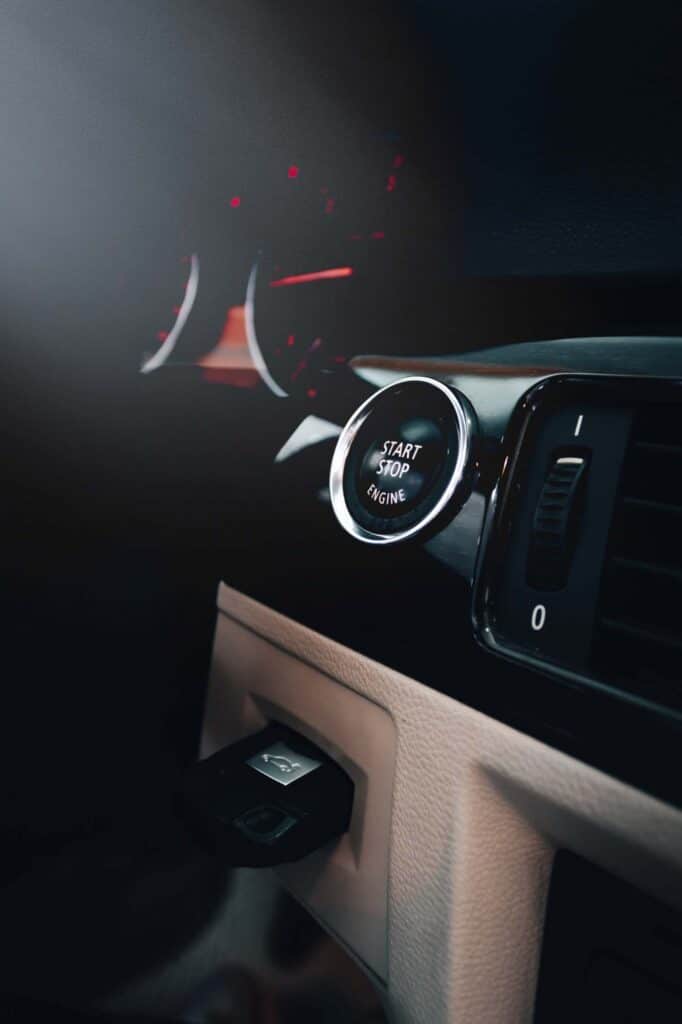Driving under the influence (DUI) is a serious offense in most states. If the court convicts you of DUI, you may face fines, jail time, license suspension, and mandatory installation of an ignition interlock devices (IID) in your vehicle. In this article, we will discuss everything you need to know about ignition interlock device requirements.

What are Ignition Interlock Devices(IID)?
An IID is a device that is installed in a vehicle to prevent the driver from starting the vehicle unless they pass a breathalyzer test. The device is connected to the vehicle’s ignition system, and the driver must blow into the device before starting the vehicle. Vehicles will not start if the device detects alcohol on the driver’s breath.
Who is Required to Install an IID?
IID requirements vary by state, but in general, they are mandatory for anyone convicted of DUI, particularly repeat offenders or drivers with a high blood alcohol concentration (BAC). Some states may require an IID for first-time offenders as well.
How Long Must an IID Be Installed?
The length of time that an IID must be installed also varies by state and the severity of the offense. In general, first-time offenders are required to have an IID installed for a period of 6-12 months. Repeat offenders may be required to have an IID for several years.
Where Can I Get an IID Installed?
In most states, you must have your IID installed by a certified provider. The provider will install the device in your vehicle and provide you with training on how to use it. You will also be required to have the ignition interlock devices calibrated regularly to ensure it is working properly.
How Much Does an IID Cost?
The cost of an IID varies depending on the provider and the length of time that it needs to be installed. In general, you can expect to pay several hundred dollars for the device and installation, as well as ongoing fees for calibration and maintenance.
Can I Drive Another Vehicle Without an IID?
No, if you are required to have an IID installed, you must have it installed in any vehicle that you own or operate. You cannot drive another vehicle without an IID.
What Happens if I Tamper with the IID?
Tampering with an IID is a serious offense and can result in additional criminal charges. The device is designed to detect any attempts to tamper with it, and providers are required to report any tampering to the court or the authorities.
Can I Contest an IID Requirement?
In most cases, you cannot contest an IID requirement If the court convicts you of DUI. However, you may be able to request a waiver or a reduction in the length of time that the ignition interlock devices must be installed if you can demonstrate financial hardship or other extenuating circumstances.
Are There any Exceptions to IID Requirements?
Some states may have exceptions to IID requirements for certain drivers, such as those who only drive a company vehicle or those who have a medical condition that prevents them from using the device. However, these exceptions are rare and the court must approve them.
How Effective are IIDs in Preventing DUIs?
Studies have shown that IIDs are highly effective in preventing DUIs. According to the National Highway Traffic Safety Administration (NHTSA), IIDs have reduced repeat offenses by 67%. They are also effective in reducing alcohol-related accidents and fatalities.
Conclusion
If the court convicts you of DUI, your vehicle may require an ignition interlock device. It is important to understand the requirements in your state and to comply with them to avoid additional legal consequences. IIDs are highly effective in preventing DUIs and can help keep our roads safer for everyone. For more driving-related queries visit ride license.